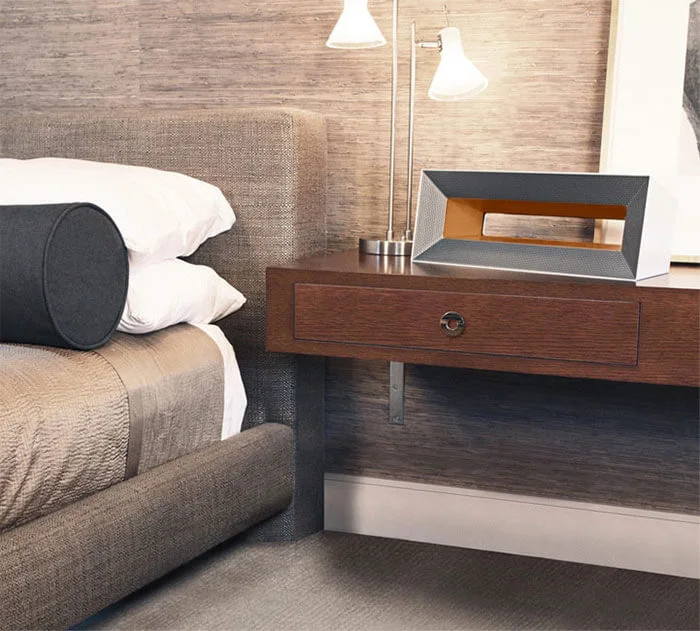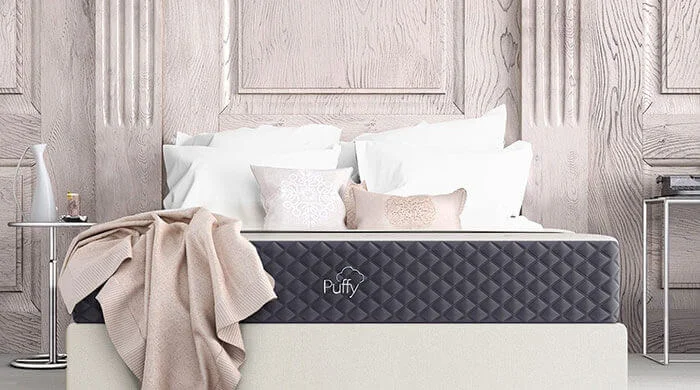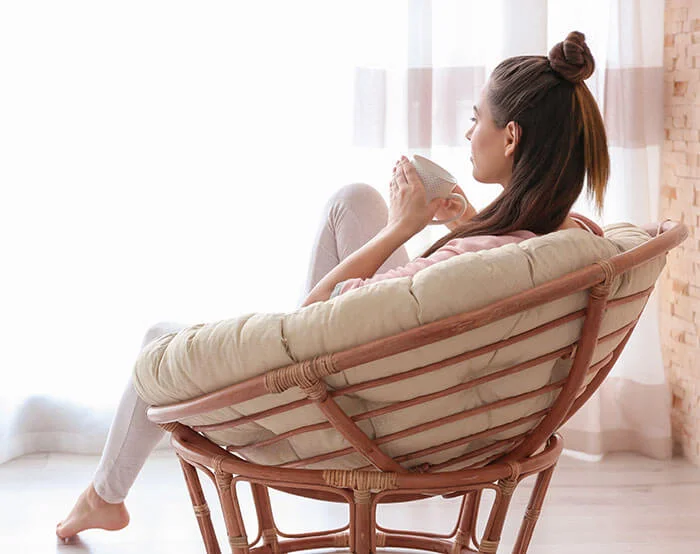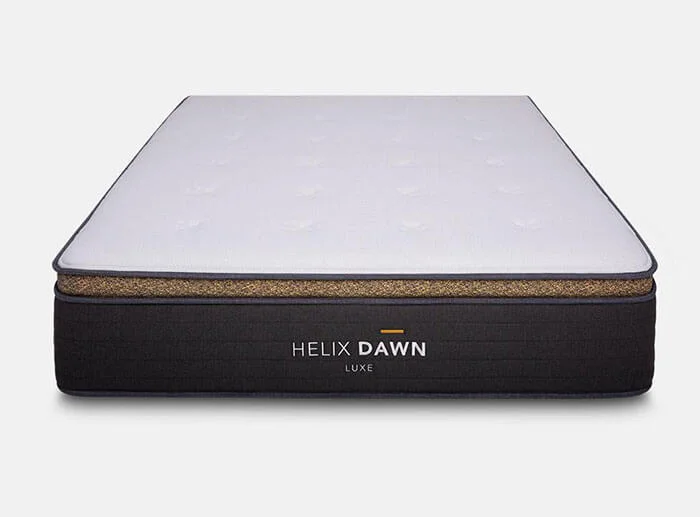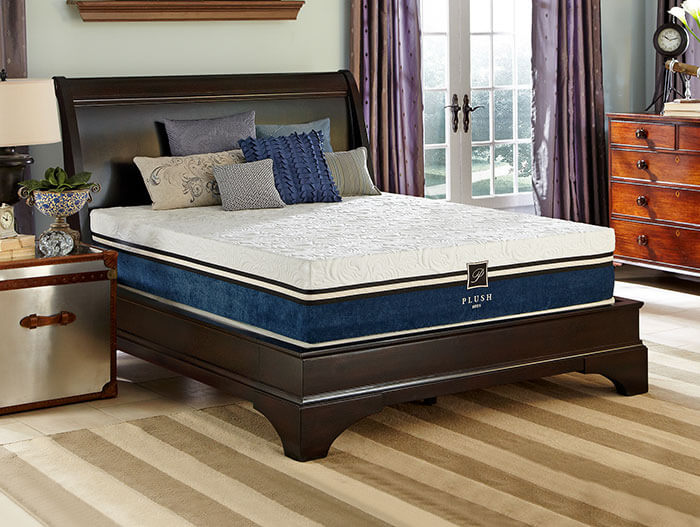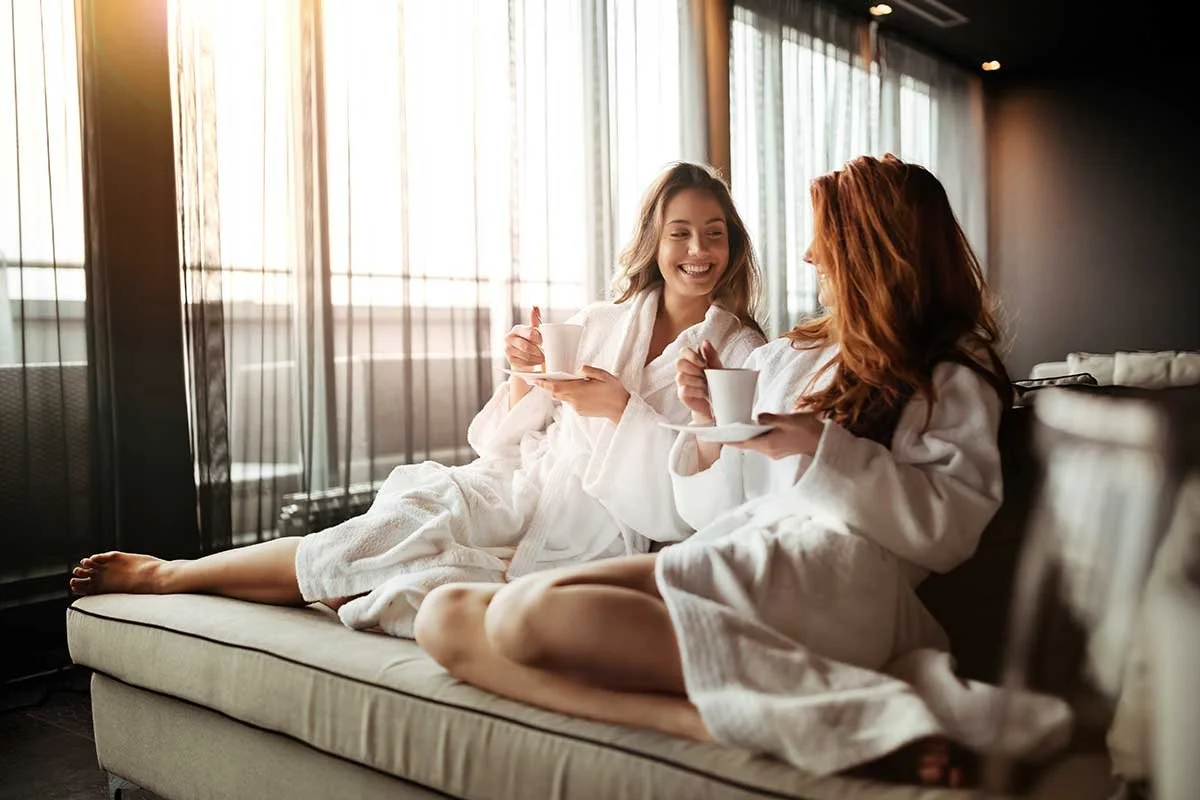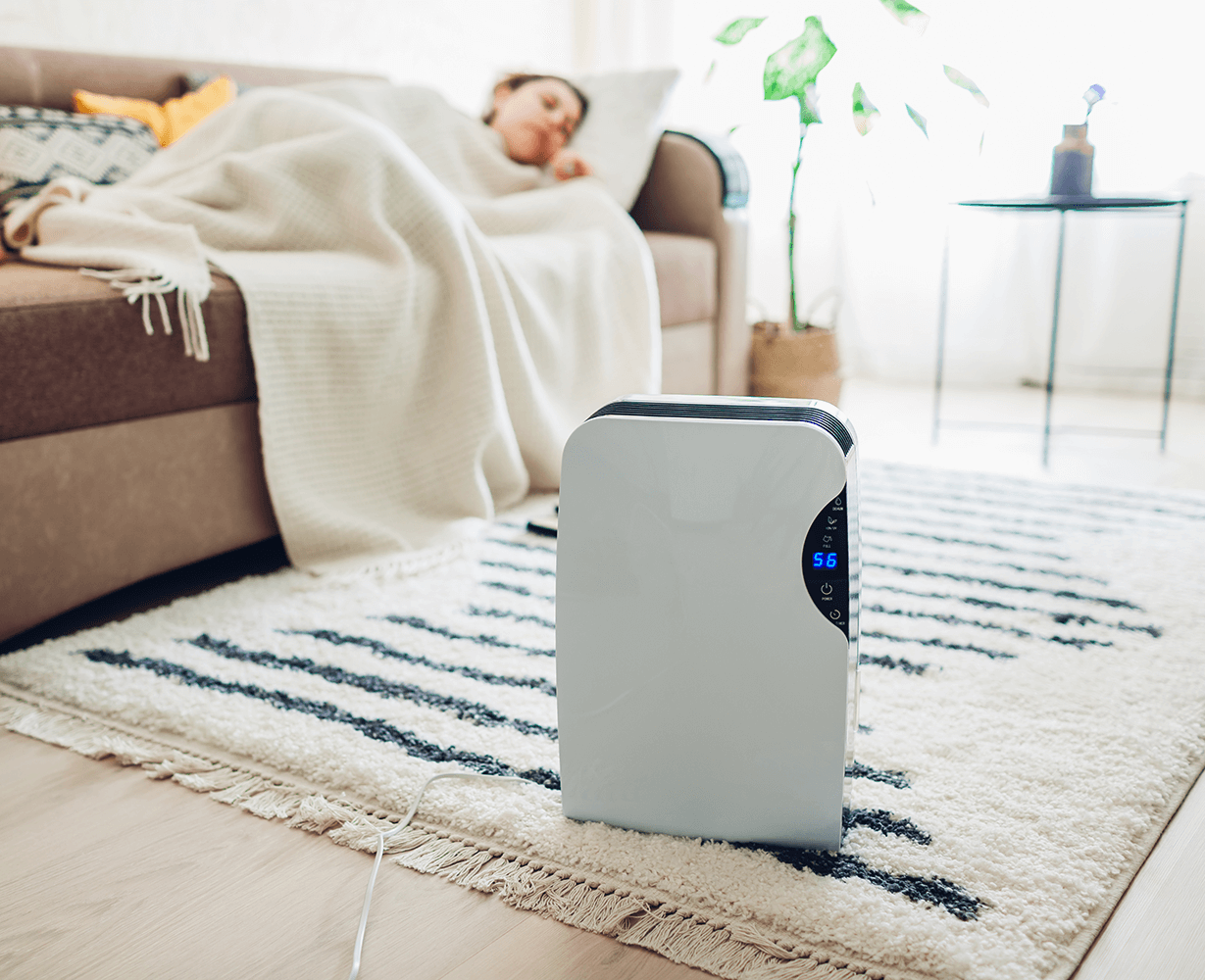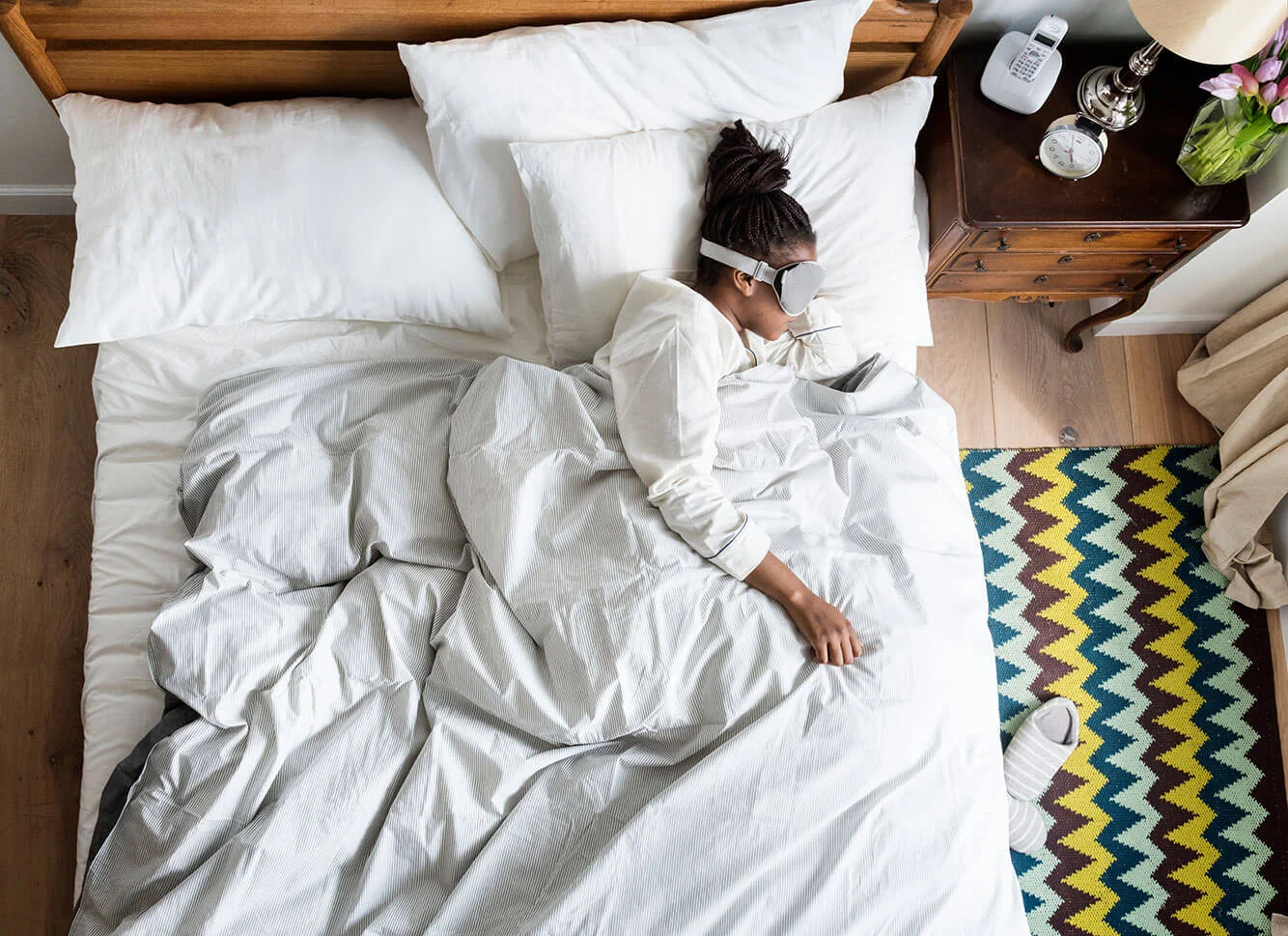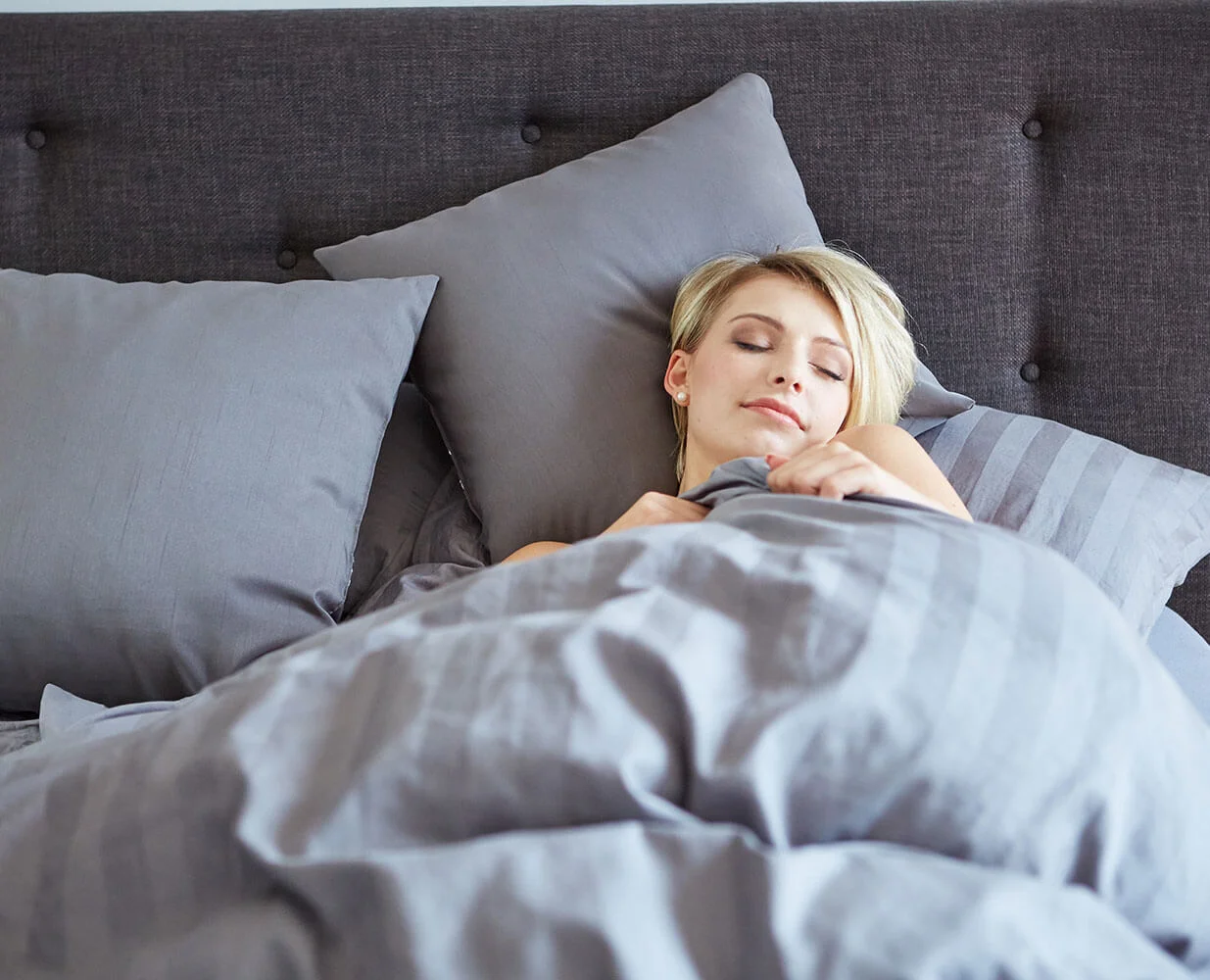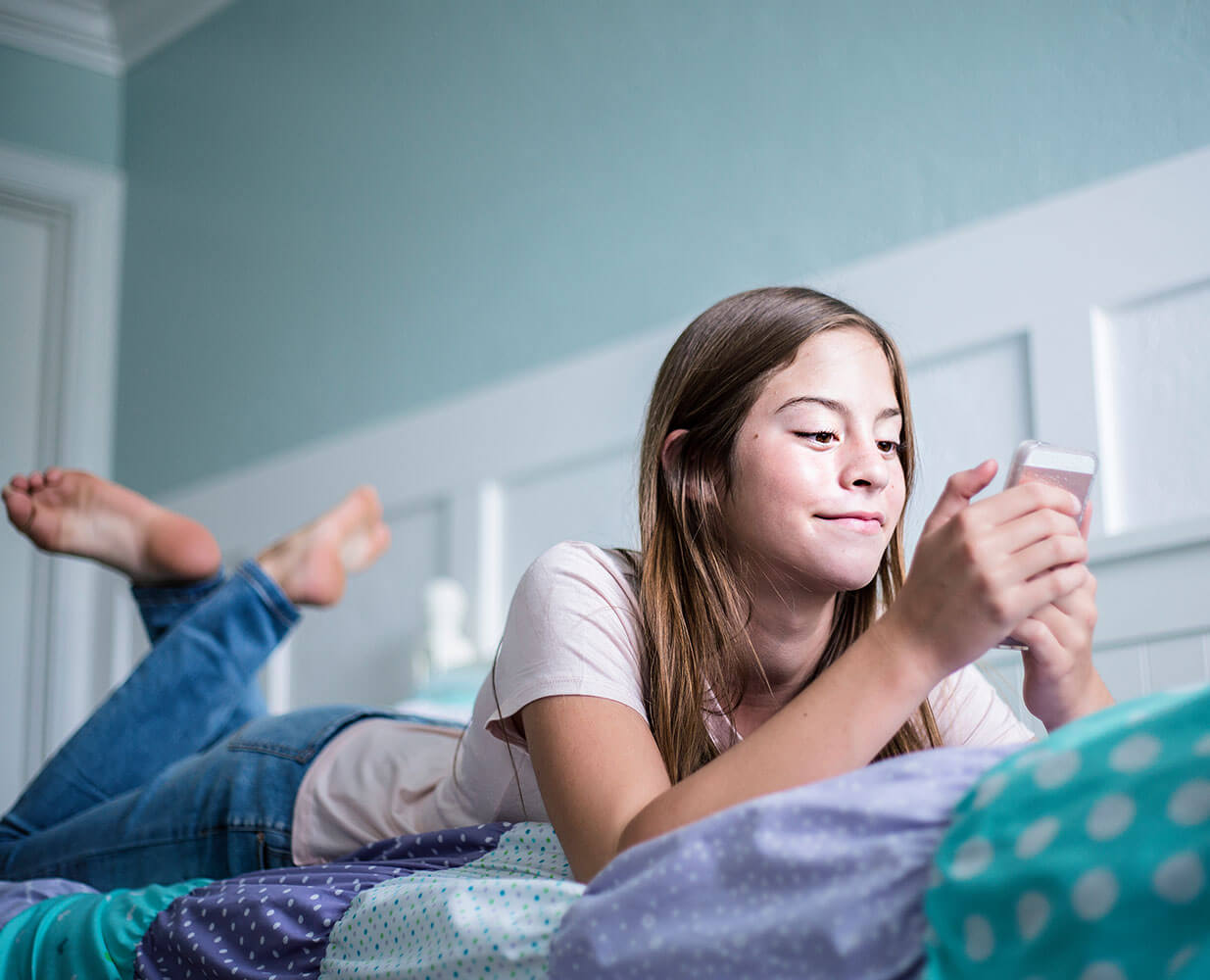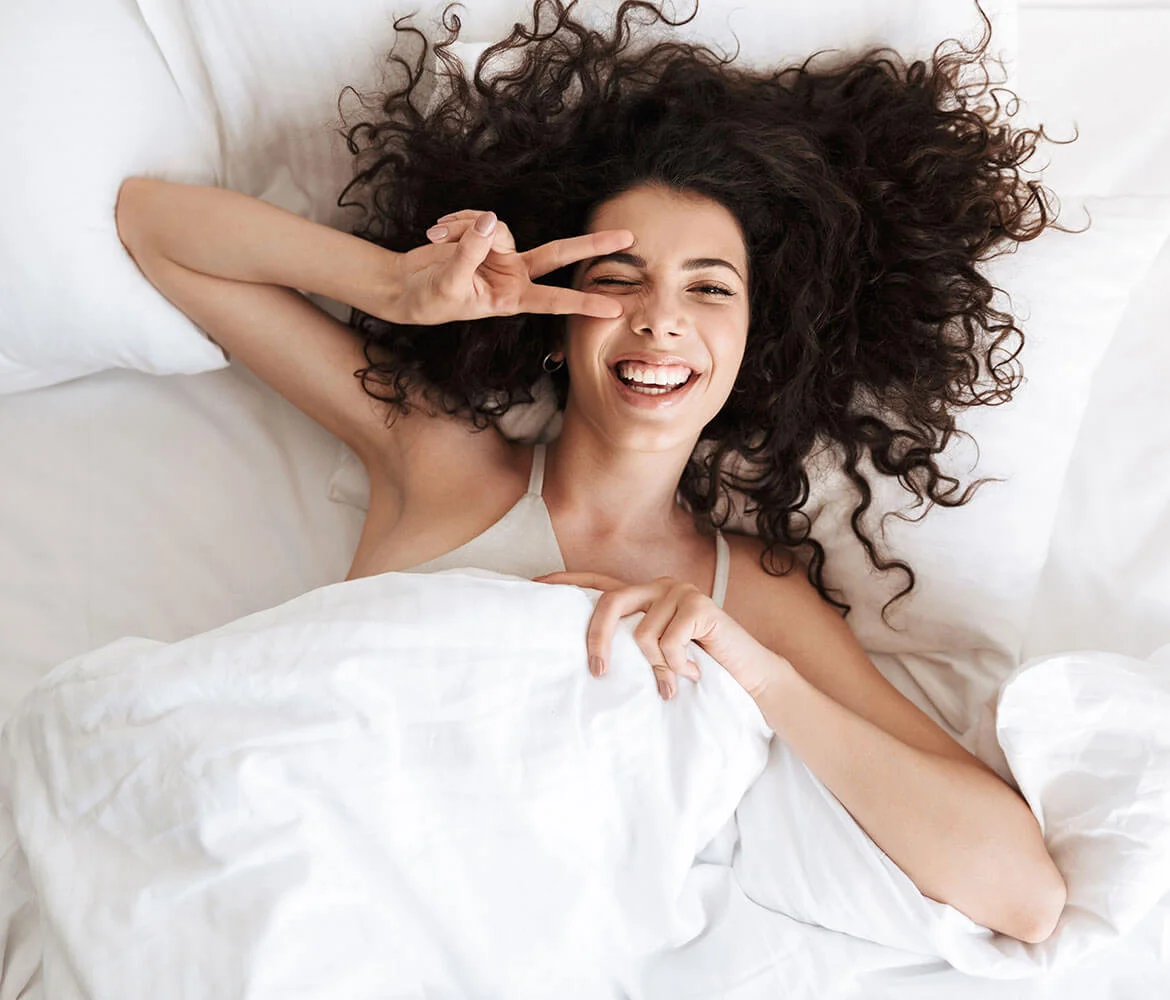A Strong Correlation Between Anxiety and Sleep
There are so many people today who are struggling with anxiety and who are dealing with the life altering ramifications of this condition. Even when under treatment, anxiety can make even the simplest of everyday activities quite difficult. However, while many people who struggle with anxiety know that it can make working and other responsibilities quite difficult, what they don’t often realize is that anxiety can have a serious impact on their sleep.
There is a very strong correlation between anxiety and sleep. If left untreated, anxiety cannot only make it difficult to sleep but it can lead to serious sleep disorders including insomnia and exacerbate the side effects of existing anxiety conditions.
This is why it is so important to understand the complex relationship between anxiety and sleep and how they can impact each other, so that you can get the help you need to keep both your anxiety and sleep concerns under control.
Treatment Options
sleep anxiety
If you are noticing that your anxiety is impacting your sleep, or your sleep is impacting your anxiety, then it is important that you go and get help.
There are several treatment options out there available for anxiety—and while everyone is different, there are many people who are able find relief from their anxiety with the right treatment.
The first question that many people have about sleep and anxiety is—which comes first? The anxiety or the sleep disruption? It is important to realize that research have discovered that these two conditions are bidirectional.
When you go and meet with your doctor, it is important that you address both your sleep and your anxiety, so that they can get a better idea of how the two are correlated.
There are different options when it comes to Anxiety treatment:
Sleep clinics can help doctors get a better idea of your sleep patterns by researching and tracking how you sleep.
There are sleep education programs offered to help change the way fall asleep and that can help you stay asleep during the night.
Most mental health professionals will recommend therapy, medications or a combination of both in order to help treat anxiety.
There are also other more natural approaches that many doctors are recommending for anxiety treatment as well—including meditation. The most important thing to remember is that you don’t have to just live with or deal with your anxiety, there are professionals out there that can help.
Tips to Improve Sleep
anxiety and sleep
While treating anxiety first can often help improve sleep, there are also people who find that their lack of sleep seriously impacts their anxiety. In these situations, getting control of your sleep first may be a great way to help lessen the severity of your anxiety.
Remember, the key with sleep is that you need to get good quality rest. Quality of sleep is more important than the quantity of sleep, or the number of hours that you get every night.
Here are a few of the most proven tips to getting better sleep.
Exercise
how to sleep with anxiety
There has been so much research on the benefits of exercise and sleep. However, it is important that you don’t try to exercise right before bed, as it can actually end up keeping you awake longer. The best thing to do is to exercise at the same time every day to help get your body in a schedule.
Schedules are great for those who are struggling to sleep—particularly when it comes to their exercise. Whether you prefer to exercise first thing in the morning when you wake up or are more of a lunchtime exerciser—the key is to keeping everything at the same time every day. It will help get your sleep and wake cycle on track.
Another great benefit of exercise? It has been found to help lower anxiety as well—meaning hitting the gym can actually do a lot more for your sleep/anxiety issues than you think.
How to Improve Your Sleep Environment
anxiety can’t sleep
Your sleep environment is very important when it comes to your ability to get quality sleep. Make sure that you take the time to create a calm, comfortable and relaxing sleep environment. Here are a few tips to get you started:
Make sure that you always have clean, soft, bedding on your bed.
Keep your room dark at night, but make sure that your blinds stay open so that the sun can come in in the morning. This will help you get on the right sleep/wake cycle.
Keep the room cool during the night 67-70 degrees is typically ideal for sleeping.
If you struggle to sleep but are someone who tends to sleep with the television on—consider removing your TV all together so that you don’t have this blue light as a distraction.
Try to keep your bed only for sleeping. This is another important part about creating the ideal sleep environment. You shouldn’t be eating or socializing in your bed—it should only be for sleeping and nothing else.
Limit Caffeine and Alcohol
Limit Caffeine and alcohol before sleep
Both caffeine and alcohol can really impact your ability to sleep. If you are someone who normally drinks a lot of caffeine during the day, try to limit yourself to just one cup of caffeine in the morning. Do not drink any caffeine in the afternoon or evening, it can really start to take a toll on your ability to fall asleep at night—even if you don’t realize it.
Limiting your caffeine is about more than just limiting your coffee consumption too. You should also keep track of how many sugary drinks, how much soda and how much chocolate you are eating as well. These are also other sources of caffeine that may be impacting your ability to fall asleep.
Alcohol is another thing that you should try to limit when you are trying to improve your sleep patterns. There are some misconceptions about alcohol and sleep and some people who feel as though alcohol can actually help them get sleep. While alcohol may make you feel tired—it can actually cause you to get worse sleep at night, and may prevent you from getting the quality, consistent, sound sleep that you need to really get rest.
Meditation
anxiety sleep meditation
If you are looking for a safe and holistic approach to getting better sleep, then you should consider giving meditation a try. While meditation has been around for hundreds of years—there is new research consistently coming out on the power and benefits of meditation.
There are many people who find that regular, daily meditation can help control their anxiety and help prevent the onset of depression and anxiety that can help prevent sleep issues from forming.
However, one of the most powerful ways that meditation can help with meditation is with guided, nightly meditations. There are several apps, programs and guided systems that can help you through an evening meditation that will relax your mind and help you get the quality sleep that you deserve.
Being able to wind down can be difficult, but if you find the right guided meditation, it can help lower your heartrate, ease your mind and lead to slower breathing that will help you drift off at night and get better sleep during the evening, so you can get more quality rest.
Meditation can also help you discover new ways to prevent your mind from wandering when you are trying to get to sleep and teach you how to relax your mind and body so you can get a more restful night of sleep.
Blue Screen
anxiety while sleeping
Blue light, or blue screen light, is one of the biggest things that can get in the way of quality sleep. Blue light can come from tablets, televisions and cellphones and this screen light can really mess with your body’s concept and understanding of light and cause some confusion on whether or not it is morning or evening.
Blue light can also impact your body’s ability to get into a restorative REM cycle. If you want to make sure you are getting quality sleep at night avoid computers, phones and televisions for at least two hours before bed. Don’t sleep with your phone by your bed so you aren’t tempted to look at it when you can’t sleep and don’t leave your television on while you are trying to go to bed.
Even if you think you need this technology to “unwind” when you are trying to get to sleep, try replacing it with another activity such as reading or taking a bath that will help you relax and doesn’t involve screen time.
Seek Professional Help
sleep hypnosis anxiety
Sleep issues are extremely serious and while it can just seem like a lack of sleep will only lead to you be tired or groggy during the day—it can actually lead to much more serious issues. People who struggle with constant sleep issues are not only more prone to issues with anxiety, but they can help problems with depression, high blood pressure, migraines, fatigue, irritability and issues focusing.
There are more than 50 million Americans who struggle with sleep issues today. If you worry that you are one of these millions of people you need to turn to a professional for help. There are sleep clinics, medications, mental health professionals and therapies that are designed to help those who struggle with sleep to get the help that they need.
Sleep issues can range from problems such as narcolepsy, which involves falling asleep at unexpected times to insomnia, which includes being unable to fall asleep at all and staying up all night.
There are also many people who struggle with restless sleep issues, which involves low or poor quality of sleep at night and waking up easily throughout the night without being able to fall back asleep. No matter what type of sleep issues that you have—the first and most important step to getting help is getting a professional to give you a proper diagnosis.
With the right diagnosis, you and your doctor can discuss treatment plans and find one that works for you. Many times, professional treatment will include treatment for the correlating anxiety that goes along with these sleep issues.
Sleep Issues and Anxiety Go Hand-in-Hand
Sleep issues and anxiety tend to go hand-in-hand. Both are serious on their own and each can make the other worse. This is why if you are suffering from either sleep or anxiety, you should make sure that you not only understand what is going on, get a diagnosis and then ultimately get the help that you need.
Both sleep issues and anxiety can take over your life and prevent you from living the life that you want. Keep these tips in mind if you are worried about your sleep and anxiety issues so you can start getting your life back.
Lisa Czachowski is a professional social blogger and has worked on several online publications including Citrus Sleep. Lisa is an experienced content writer and copyeditor. You will find many of her works throughout CitrusSleep.com that cover a wide array of subjects including sustainability, natural, sleep products, health, fashion and many more. She is passionate about what providing as much information as possible on products you bring in your home and what we wear.
Follow Lisa at Lisa Czachowski


